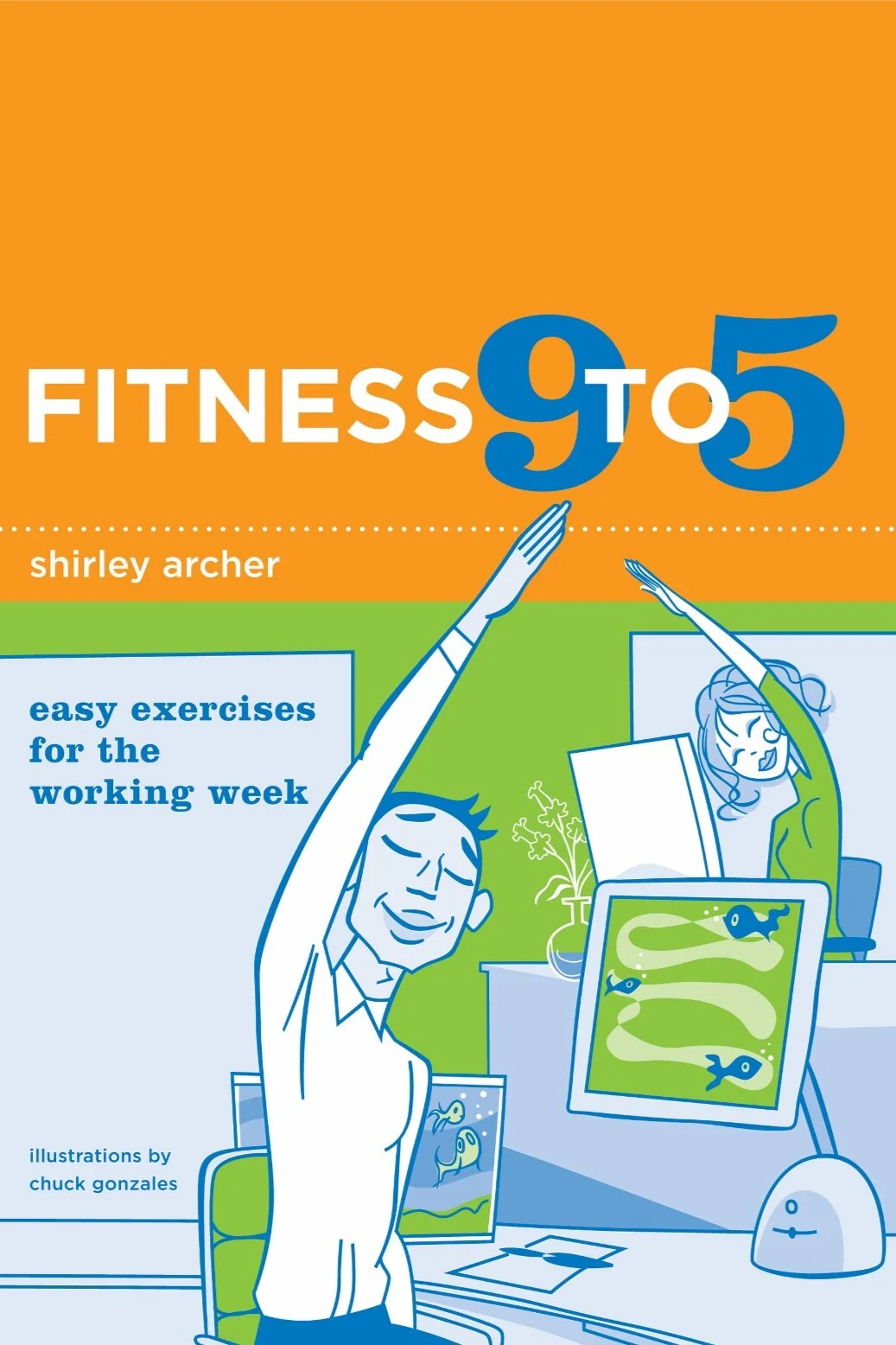5 PROVEN WAYS TO AVOID THE FLU
EVIDENCE BASED
Did you know that laughing and smiling more can boost your happiness and reduce the chances that you will get the flu? Studies show that people who are happier are less likely to get the flu and if they do get sick, they have less severe symptoms and recover faster.
Here are 5 proven ways you can boost your happiness, your immunity and reduce your likelihood of getting the flu and as a side benefit, enjoy your life more!
5 MIND AND BODY HAPPINESS TIPS TO PREVENT THE FLU:
1. Take a Power Pause. A brief meditation, deep breathing or relaxation break can be what you need to restore perspective and calm.
2. Laugh, or just smile more.
3. Play! Do something pleasurable for the fun of it—see friends, take a favorite class, go out in nature and/or spend time playing with kids or a dog.
4. Practice gratitude. List 3 things daily or write letters to people you appreciate.
5. Practice positivity. Pay attention to any negative self-talk or a negative outlook. Re-frame what you're thinking about in a positive light.
In this video, I discuss these tips and the flu studies in more detail. This is third in a How to Stay Healthy During Cold and Flu Season playlist:
Or listen to my podcast below.
Click here to listen to my podcast on Apple Podcasts.
For more details, read and check links to research studies and resources. Research geeks like me will love it!
In a 2014 University of Wisconsin-Madison study, researchers inoculated 98 healthy subjects age 50 or older with the flu virus. Investigators collected data regarding optimism, perceived stress and anxiety along with other biometrics. When measuring antibody levels post-inoculation, researchers found a direct link between optimism levels, stress and anxiety with a stronger immune response. Happier individuals experienced a stronger antibody response indicating better immune system functioning.
In a 2006 Carnegie-Mellon University study, researchers exposed 193 healthy subjects between 21 and 55 years to the cold or flu virus. Investigators assessed participants for a positive—happy, lively and calm —or negative—anxious, hostile and depressed—emotional style, among other personal traits and self-reported health. For both the cold and flu viruses, people with a positive style had less risk of becoming sick, or if they became sick, had much less severe symptoms. This link was independent of all other associations.
While researchers do not know the exact mechanisms for why there is a relationship between happiness and a reduced likelihood of getting a cold or the flu, some theories include that it may be related to the gut microbiome or even to improved quantity and quality of sleep. Remember: people who get less than 7.5 hours of sleep per night are 300% more likely to get a cold or flu! See this post for more details.
Given these findings, it makes sense to take small steps to increase daily happiness. Here are 5 proven ways:
1. Take a Power Pause to boost mindfulness: Pause whenever you feel overwhelmed or like it's all simply too much. Take a Breathing break, observe the breath, do a body scan, listen to a guided meditation, or look at nature scenes. Even better, take a mid-day pause daily to prevent feeling overwhelmed in the first place!
Harvard researchers recommend guided meditations of even 10 to 15 minutes per day. Try my circling through the senses exercise or listen to these podcasts.
2. Laugh, or smile more: Watch comedies or comedians, tell jokes or funny stories or simply smile more. Numerous studies show that laughter and smiling affect the cascade of biochemicals stimulated by the stress response or "fight or flight."
This 2016 study review documents the impact of laughter on serotonin, dopamine, norepinephrine and cortisol. In this YouTube, I discuss a study where the act of even fake smiling—with a pencil between your teeth—reduces stress hormones and boosts mood.
3. Play! Have fun: We all know kids need play. Adults have different "play" styles, but we need play too! We need time for pleasure, to be light-hearted, and to simply enjoy living. Playful people are happier, more resilient and less likely to burn-out. Studies support this.
"Playful adults are able to reinterpret situations in their lives, so that they experience them as entertaining or are able to reduce stress levels, said René Proyer, PhD, from the Institute of Psychology and Martin Luther University Halle-Sittenberg. Playful people are often creative. "When looking for solutions to complex problems, [playful people] can easily change perspectives. This allows them to find unusual and novel solutions."
Bottom line, be playful for more happiness, stress relief, better health and more effective problem-solving.
4. Practice Gratitude: Studies show that practicing gratitude has a positive effect on wellbeing, optimism, happiness and even cardiovascular health and the immune system. While practices vary, something as simple as writing in a journal about what you are thankful or writing letters of appreciation to others can boost feelings of well-being.
5. Practice Positivity: People who are optimistic—who expect positive outcomes—are linked with better physical and mental health when compared with people who are pessimistic. Suggestions on how to boost optimism include imagining one's best possible life and viewing life events from a positive perspective. Practicing mindfulness can improve positivity as you become more self-aware of negative talk.
PRODUCT PICKS THAT YOU WILL LOVE
Visit my YouTube channel to subscribe for more tips. Have you downloaded Your Path to Peace? Go from stressed and anxious to calm and at ease in 5 simple steps.
If this post helped you, please share with friends now, by using the buttons below. Thanks!


















